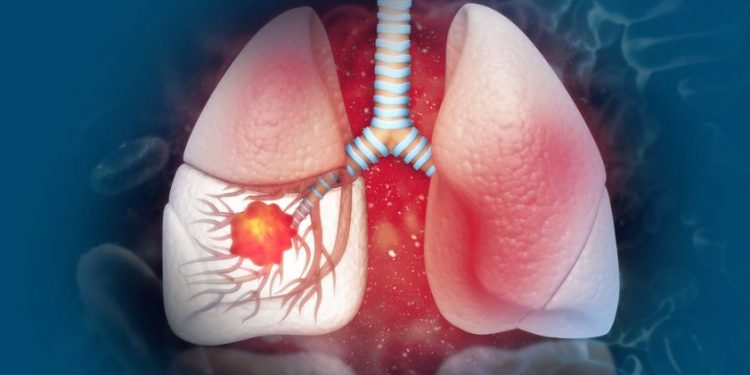Interstitial lung disease symptoms are caused by a condition that affects the tissue that lines your lungs. This network of tissue (the interstitium) is the main way your lungs take in oxygen and get rid of carbon dioxide. Disorders that affect this network can make it thickened and difficult for your lungs to work properly.
The main symptoms of interstitial lung disease are shortness of breath that worsens slowly, over months or years. Other symptoms may include a dry, scratchy cough and weight loss.
Your doctor can diagnose interstitial lung disease by looking at the symptoms, medical history and physical exam. He or she may also order specific tests, such as a CT scan or pulmonary function test.
A doctor who specializes in lung disorders (a pulmonologist) can help you determine the cause of your symptoms and suggest a treatment plan for them. Your pulmonologist might recommend medications or other treatments, such as antibiotics, oxygen therapy, anti-inflammatory drugs or immune suppression.
Some people with interstitial lung disease experience complications, such as respiratory failure and high blood pressure in the arteries of their lungs. These problems are more likely to happen in late-stage interstitial lung disease and can be life-threatening.
Respiratory failure occurs when your lungs can’t send enough oxygen into the bloodstream. This causes your heart to have to work harder to pump oxygenated blood to the rest of your body.
High blood pressure in your arteries can also occur if the scar tissue or inflammation from your interstitial lung disease blocks blood flow to your lungs. This can lead to right-sided heart failure, which can be dangerous if you haven’t been diagnosed early and treated.

Medications that reduce stomach acid, such as proton pump inhibitors and H-2-receptor antagonists, are used to treat the majority of people with idiopathic pulmonary fibrosis. They are also used to treat gastroesophageal reflux disease, which is a digestive problem that can worsen interstitial lung disease.
Your doctor may also recommend exercise, which can help relieve your breathing and other symptoms of interstitial lung disease. Some people with interstitial lung disease also need to avoid certain foods that can aggravate their condition, such as chocolate or coffee.
Surgery is another option in severe cases of interstitial lung disease, especially when there is no other treatment available or the damage to your lungs is too advanced for other therapies. It can be done to remove diseased lung tissue or replace the damaged lungs with healthy ones, known as a lung transplant.
The prognosis for most people with interstitial lung disease is good, as long as the disorder isn’t triggered by an underlying medical condition or harmful exposure to airborne toxins. However, some patients have to deal with a poor quality of life as a result of their condition.
Some patients who have interstitial lung disease may need to be placed on a ventilator, or artificial breathing machine, to breathe. The device helps improve oxygenation in the lungs and can also control the swelling and inflammation that is common in this disorder.









